SECTION 1. IDENTIFICATION
Product Name: Gallium Sulfate
CAS #: 13494-91-2
Relevant identified uses of the substance: Scientific research and development
Supplier details:
Stanford Advanced Materials
E-mail: sales@samaterials.com
Tel: (949) 407-8904
Address: 23661 Birtcher Dr., Lake Forest, CA 92630 U.S.A.
SECTION 2. HAZARDS IDENTIFICATION
Appearance: white crystalline powder.
Caution! May cause eye and skin irritation. May cause respiratory and digestive tract irritation.
Hygroscopic (absorbs moisture from the air). May cause adverse reproductive effects based upon
animal studies.
Target Organs: None known.
Potential Health Effects
Eye: May cause eye irritation. The toxicological properties of this material have not been fully
investigated.
Skin: May cause skin irritation. The toxicological properties of this material have not been fully
investigated.
Ingestion: May cause irritation of the digestive tract. The toxicological properties of this substance
have not been fully investigated. Expected to be a low ingestion hazard.
Inhalation: May cause respiratory tract irritation. The toxicological properties of this substance have
not been fully investigated.
Chronic: Adverse reproductive effects have been reported in animals.
SECTION 3. COMPOSITION/INFORMATION ON INGREDIENTS
CAS# 13494-91-2
Chemical Name: Sulfuric Acid, Gallium Salt
Percent: 99.99%
EINECS/ELINCS: 236-816-0
SECTION 4. FIRST AID MEASURES
Eyes: Flush eyes with plenty of water for at least 15 minutes, occasionally lifting the upper and lower
eyelids. Get medical aid.
Skin: Get medical aid. Flush skin with plenty of water for at least 15 minutes while removing
contaminated clothing and shoes. Wash clothing before reuse.
Ingestion: Never give anything by mouth to an unconscious person. Get medical aid. Do NOT induce
vomiting. If conscious and alert, rinse mouth and drink 2-4 cupfuls of milk or water. Wash mouth out
with water.
Inhalation: Remove from exposure and move to fresh air immediately. If not breathing, give artificial
respiration. If breathing is difficult, give oxygen. Get medical aid.
Notes to Physician: Treat symptomatically and supportively.
SECTION 5. FIREFIGHTING MEASURES
General Information: As in any fire, wear a self-contained breathing apparatus in pressure-demand,
MSHA/NIOSH (approved or equivalent), and full protective gear. During a fire, irritating and highly
toxic gases may be generated by thermal decomposition or combustion.
Extinguishing Media: Use agent most appropriate to extinguish fire. Do NOT get water inside
containers. Use water spray, dry chemical, carbon dioxide, or appropriate foam.
Flash Point: Not available.
Autoignition Temperature: Not available.
Explosion Limits, Lower:Not available.
Upper: Not available.
NFPA Rating: (estimated) Health: 1; Flammability: 0; Instability: 0
SECTION 6. ACCIDENTAL RELEASE MEASURES
General Information: Use proper personal protective equipment as indicated in Section 8.
Spills/Leaks: Vacuum or sweep up material and place into a suitable disposal container. Clean up
spills immediately, observing precautions in the Protective Equipment section. Avoid generating dusty
conditions. Provide ventilation. Do not get water inside containers.
SECTION 7. HANDLING AND STORAGE
Handling: Wash thoroughly after handling. Use with adequate ventilation. Minimize dust generation
and accumulation. Avoid contact with eyes, skin, and clothing. Keep container tightly closed. Avoid
ingestion and inhalation. Do not allow contact with water. Keep from contact with moist air and steam.
Storage: Store in a tightly closed container. Store in a cool, dry, well-ventilated area away fromincompatible substances. Store protected from moisture.
SECTION 8. EXPOSURE CONTROLS/PERSONAL PROTECTION
Engineering Controls: Facilities storing or utilizing this material should be equipped with an eyewash
facility and a safety shower. Use adequate ventilation to keep airborne concentrations low.
OSHA Vacated PELs: Sulfuric Acid, Gallium Salt: No OSHA Vacated PELs are listed for this chemical.
Personal Protective Equipment
Eyes: Wear appropriate protective eyeglasses or chemical safety goggles as described by OSHA's
eye and face protection regulations in 29 CFR 1910.133 or European Standard EN166.
Skin: Wear appropriate protective gloves to prevent skin exposure.
Clothing: Wear appropriate protective clothing to prevent skin exposure.
Respirators: Follow the OSHA respirator regulations found in 29 CFR 1910.134 or European Standard
EN 149. Use a NIOSH/MSHA or European Standard EN 149 approved respirator if exposure limits are
exceeded or if irritation or other symptoms are experienced.
SECTION 9. PHYSICAL AND CHEMICAL PROPERTIES
Physical State: Crystalline powder
Appearance: white
Odor: Not available.
pH: Not available.
Vapor Pressure: Not available.
Vapor Density: Not available.
Evaporation Rate:Not available.
Viscosity: Not available.
Boiling Point: Not available.
Freezing/Melting Point:Not available.
Decomposition Temperature:Not available.
Solubility: very soluble in water
Specific Gravity/Density:Not available.
Molecular Formula:Ga2O12S3
Molecular Weight:427.63
SECTION 10. STABILITY AND REACTIVITY
Chemical Stability: Stable under normal temperatures and pressures.
Conditions to Avoid: Incompatible materials, dust generation, moisture, excess heat, exposure to moist
air or water.
Incompatibilities with Other Materials: Oxidizing agents.
Hazardous Decomposition Products: Oxides of sulfur, oxides of sulfur.
Hazardous Polymerization: Will not occur.
SECTION 11. TOXICOLOGICAL INFORMATION
Epidemiology: No data available.
Teratogenicity: No data available.
Reproductive Effects: No data available.Mutagenicity: No data available.
Neurotoxicity: No data available.
SECTION 12. ECOLOGICAL INFORMATION
No data available
SECTION 13. DISPOSAL CONSIDERATIONS
Chemical waste generators must determine whether a discarded chemical is classified as a hazardous
waste. US EPA guidelines for the classification determination are listed in 40 CFR Parts 261.3.
Additionally, waste generators must consult state and local hazardous waste regulations to ensure
complete and accurate classification.
RCRA P-Series: None listed.
RCRA U-Series: None listed.
SECTION 14. TRANSPORT INFORMATION
Not a hazardous material for transportation.
DOT regulations:
Hazard class: None
Land transport ADR/RID (cross-border)
ADR/RID class: None
Maritime transport IMDG:
IMDG Class: None
Air transport ICAO-TI and IATA-DGR:
ICAO/IATA Class: None
Transport/Additional information:
Not dangerous according to the above specifications.
SECTION 15. REGULATORY INFORMATION
TSCA
CAS# 13494-91-2 is listed on the TSCA inventory.
Health & Safety Reporting List
None of the chemicals are on the Health & Safety Reporting List.
Chemical Test Rules
None of the chemicals in this product are under a Chemical Test Rule.
Section 12b
None of the chemicals are listed under TSCA Section 12b.
TSCA Significant New Use Rule
None of the chemicals in this material have a SNUR under TSCA.
CERCLA Hazardous Substances and corresponding RQs
None of the chemicals in this material have an RQ.
SARA Section 302 Extremely Hazardous Substances
None of the chemicals in this product have a TPQ.
Section 313 No chemicals are reportable under Section 313.
Clean Air Act:This material does not contain any hazardous air pollutants.
This material does not contain any Class 1 Ozone depletors.
This material does not contain any Class 2 Ozone depletors.
Clean Water Act:
None of the chemicals in this product are listed as Hazardous Substances under the CWA.
None of the chemicals in this product are listed as Priority Pollutants under the CWA.
None of the chemicals in this product are listed as Toxic Pollutants under the CWA.
OSHA:
None of the chemicals in this product are considered highly hazardous by OSHA.
STATE
CAS# 13494-91-2 is not present on state lists from CA, PA, MN, MA, FL, or NJ.
California Prop 65
California No Significant Risk Level: None of the chemicals in this product are listed.
European/International Regulations
European Labeling in Accordance with EC Directives
Hazard Symbols:
Not available.
Risk Phrases:
Safety Phrases:
S 24/25 Avoid contact with skin and eyes.
S 37 Wear suitable gloves.
S 45 In case of accident or if you feel unwell, seek medical advice
immediately (show the label where possible).
S 28A After contact with skin, wash immediately with plenty of water
.
WGK (Water Danger/Protection)
CAS# 13494-91-2: No data available.
Canada - DSL/NDSL
CAS# 13494-91-2 is listed on Canada's NDSL List.
Canada - WHMIS
WHMIS: Not available.
This product has been classified in accordance with the hazard criteria of the Controlled Products
Regulations and the MSDS contains all of the information required by those regulations.
Canadian Ingredient Disclosure List
SECTION 16. OTHER INFORMATION
Safety Data Sheet according to Regulation (EC) No. 1907/2006 (REACH). The above information is
believed to be correct but does not purport to be all inclusive and shall be used only as a guide. The
information in this document is based on the present state of our knowledge and is applicable to the
product with regard to appropriate safety precautions. It does not represent any guarantee of the
properties of the product.
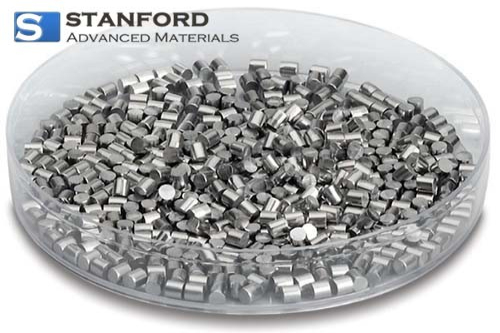
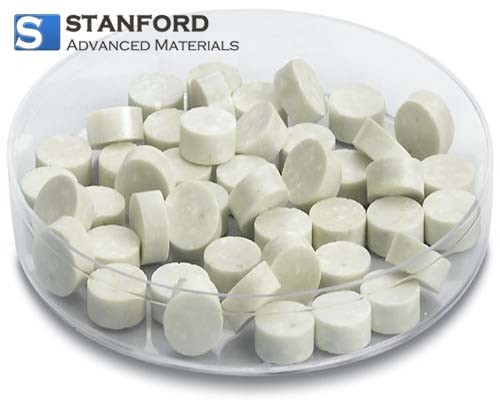
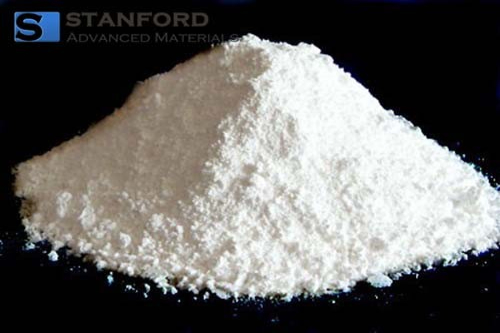
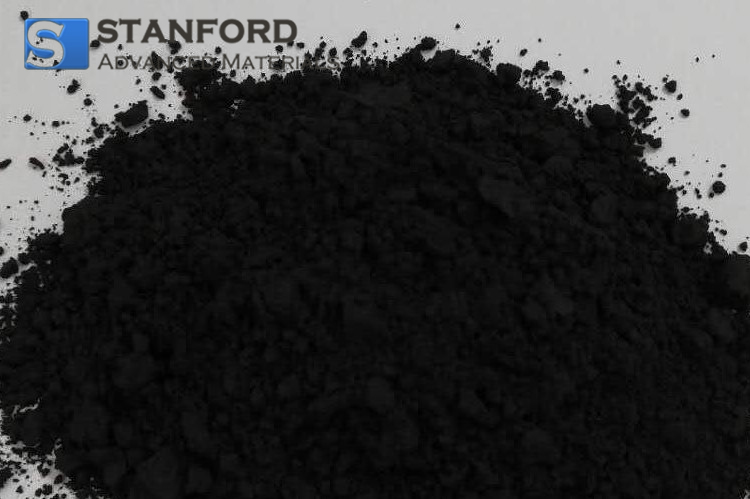
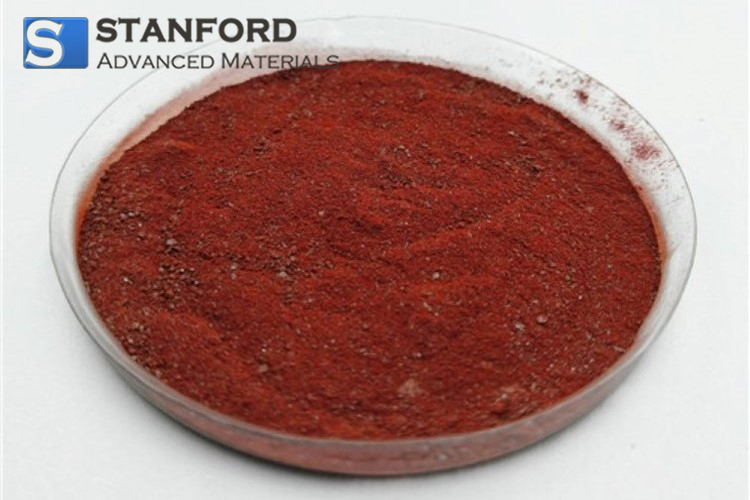
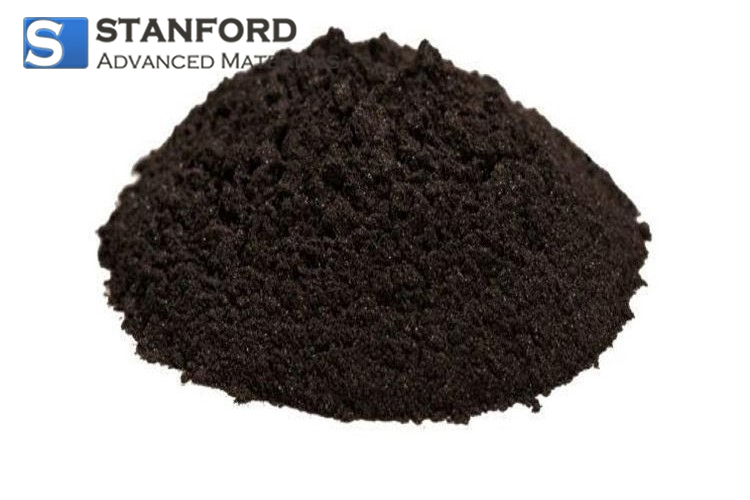
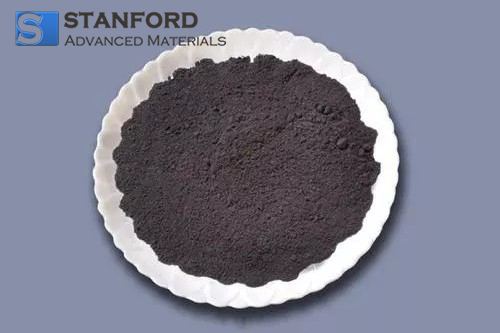
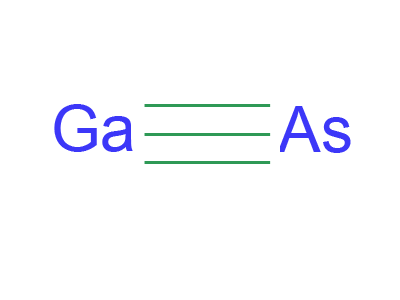


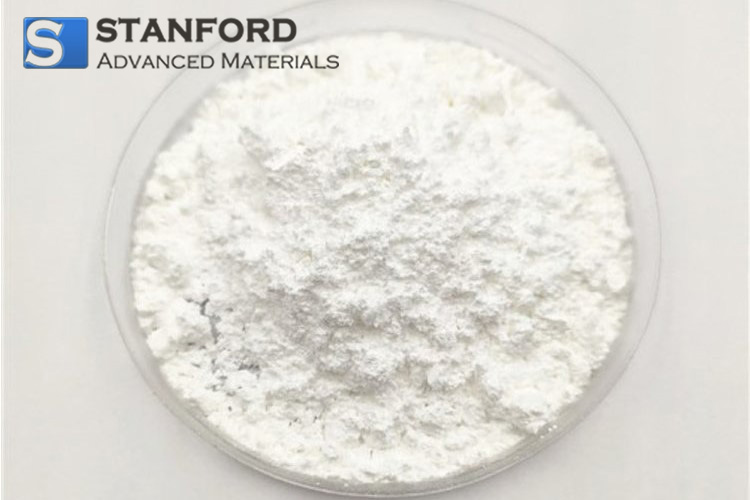
 Sulfate Powder.jpg)
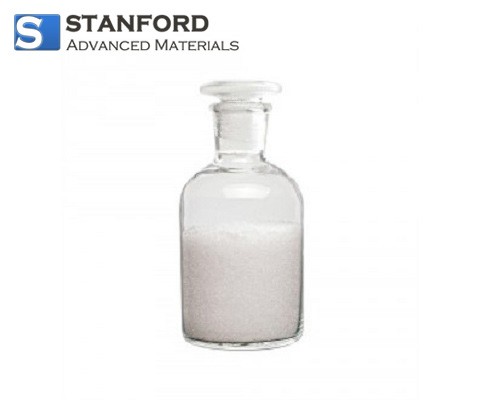
 GHS07
GHS07